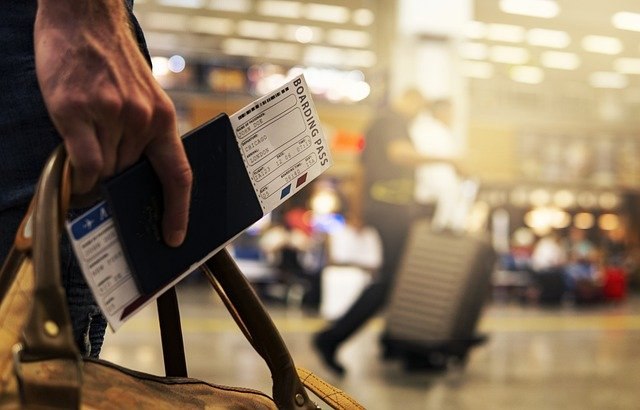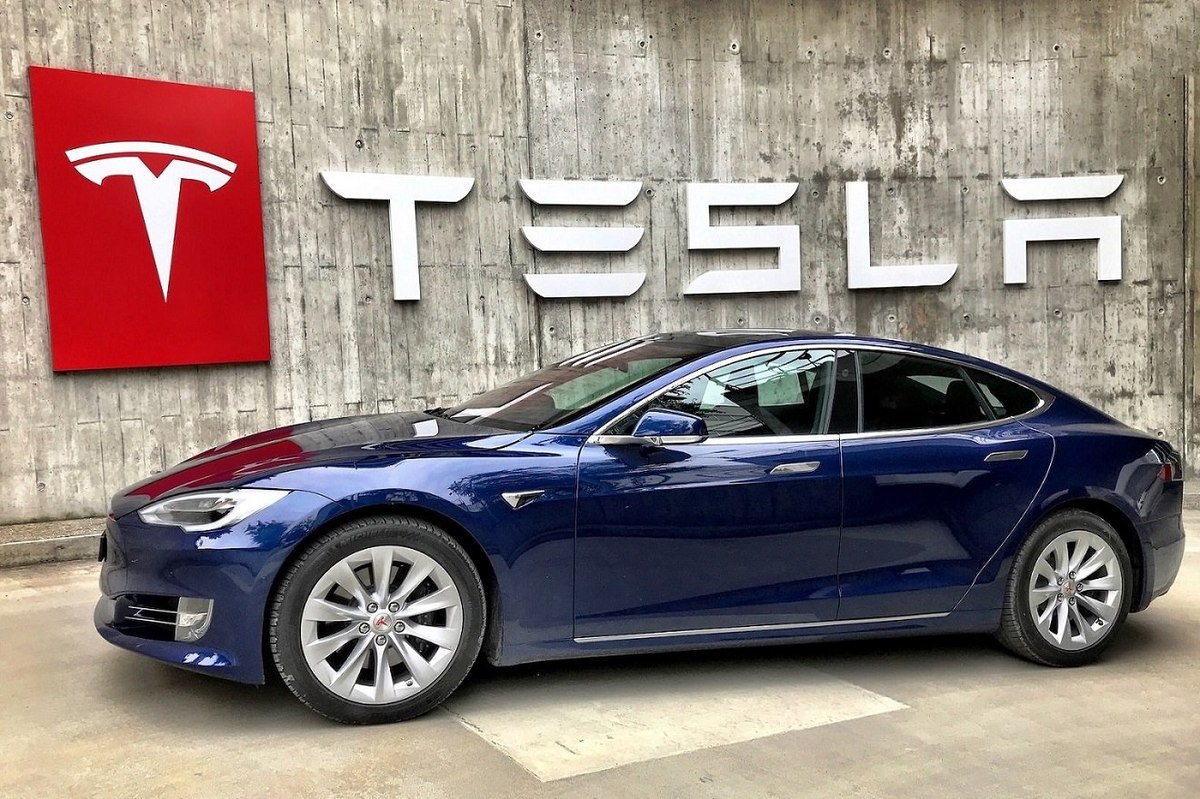
Travel in 2024: A Blend of Relaxation, Adventure, and Technology
The following analysis has been co-authored by Esra Calvert and Eva Stewart
YouGov has delved deep into the psyche of modern travelers, unveiling intriguing insights that are set to shape the industry's future. Whether one is looking to escape the daily grind or dive headfirst into adventure, this year’s travel landscape is all about personal enrichment and tech-savvy journeys.
First off, a significant 65% of British and American travelers are hitting the road for some much-needed R&R. They’re seeking a sanctuary from their daily routines. But don’t think everyone’s just lounging by the pool—43% are drawn to adventure and exploration, while 41% are motivated by the pursuit of knowledge and cultural depth. This paints a vivid picture: travel isn’t just about the destination but the transformative experiences it offers.
For 70% of Brits, the main goal is to relax and unwind. Adventure and cultural immersion are great, but not as desired as putting one’s feet up. Meanwhile, across the pond, Americans view travel as a multifaceted experience. Beyond relaxation, they reconnect with family and friends, grow personally, and dive into hobbies. Festivals and events are also a big draw for them, showcasing their desire for diverse and enriching experiences.
Age plays a pivotal role in shaping travel preferences. In the US, young adults (25-34 years old) are thrill-seekers and foodies, but as they hit their mid-thirties, they shift towards eco-tourism. This evolution reflects a broader trend where travel preferences mature from thrill-seeking to more enriching and sustainable experiences. Similarly, in the UK, the younger crowd (18-34 years) is all about cultural immersion, eco-friendly trips, and volunteer travel. They’re not just traveling; they’re making a difference and being responsible tourists.
Social media and online reviews significantly influence American travelers more than their British counterparts. This reliance on digital feedback highlights the importance of social proof and community validation in shaping travel decisions. Platforms like Instagram, TikTok, TripAdvisor, and Facebook play a crucial role in showcasing peer experiences, guiding Americans towards destinations and stays celebrated for their exceptional and photogenic qualities.
Despite a more optimistic economic outlook, price sensitivity remains a dominant factor for travelers. An impressive 87% prioritize cost and budget options when choosing a destination, with 69% considering the distance due to its impact on travel expenses. This thriftiness reflects a savvy traveler mindset, seeking value in both price and the richness of experiences.
When it comes to accommodation, it’s all about the experience. For 64% of travelers, proximity to local attractions is key, while 29% desire unique dining experiences. Families, making up 21% of travelers, seek child-friendly amenities to ensure memorable experiences for all family members. Hotels and Airbnb are competing to offer culturally enriching experiences, with local advisors and guides enhancing the stay.
Tech is revolutionizing travel planning and experiences. While only 1 in 10 travelers seek to escape technology, 42% eagerly integrate AI into their travel planning. This shift underscores the growing influence of AI in personalizing itineraries, predicting optimal booking times, and enhancing customer service through intelligent chatbots. From our perspective, embracing AI in travel planning and experiences can eliminate “No Joy” tasks everyone dreads and create a more enjoyable and efficient process. As we navigate this technological frontier, it's clear that AI holds immense potential to modernize our industry. Here’s how.
The Learning Curve: AI in the Travel Industry
There is no manual for AI; we are all learning and adapting as the technology evolves. The importance of real-world use cases cannot be overstated—they demonstrate the practical applications of AI and its impact on travel planning and experiences.
AI Use Cases in the Travel Industry
Still in its alpha version, Romie can be invited to chats on iMessage or WhatsApp, serving as a concierge to make personalized recommendations. It acts as a planning, shopping, and booking assistant, particularly useful for handling mundane tasks like restaurant reservations. This is a prime example of AI adding convenience to the travel planning process and enabling travelers to plan trips together.
TripAdvisor’s AI-Powered Review Summarization
TripAdvisor has introduced a summarization feature powered by AI for hotel reviews. This tool allows travelers to quickly grasp overall opinions and drill down into specific details if needed. It's a simple yet powerful application of AI that saves time and enhances the decision-making process, a feature also seen in the online retail sector.
Wanderlog and Other Gen AI Trip Planning Tools
Another noteworthy tool is Wanderlog, a platform equipped with Gen AI trip planning features. It offers practical tools like expense tracking, checklists, mapping, and centralized document storage. The expense tracking and splitting option and the chat feature are handy. Other innovative tools include Mindtrip, Vacay and Matador’s Guidegeek, a chatbot already used by some U.S. destination marketing organizations (DMOs). Guidegeek can answer countless questions and provide timely links, a valuable feature in the era of zero-click search.
The Synergy of Humans and AI
Integrating AI in travel planning is not about replacing humans but augmenting our capabilities. AI can handle repetitive and data-intensive tasks, allowing travel professionals to focus on creating personalized and memorable experiences. With AI as a partner, the travel industry can deliver higher levels of service and satisfaction.
Apple’s recent announcement about Apple Intelligence, in partnership with OpenAI, signals a significant leap forward. Siri is evolving into a powerful personal assistant capable of making reservations and handling various tasks, showcasing the growing capabilities of AI. Although we haven't reached Artificial General Intelligence (AGI), Gen AI is already influential in automating human cognition. The future will likely be multi-modal, multi-agent, and integrated, with AI agents collaborating to perform complex tasks.
Incorporating AI into travel planning and experiences requires a nimble and adaptive approach:
Start with Trustworthy AI: From a data stewardship perspective, it’s crucial to implement responsible AI practices.
Identify Customer Friction Points: Focus on removing "No Joy" tasks that cause customer frustration.
Experiment with Early Adopters: Gen Z is exceptionally comfortable with AI, with 35% embracing it compared to 10% of older travelers. Use this younger demographic to test new AI-enabled initiatives.
Prioritize Feasibility: Avoid overly ambitious and high-cost projects. Start with achievable goals and scale up gradually at the beginning.
Create Internal Learning Teams: These teams are essential for navigating future scenarios and pushing the boundaries of innovation, as they could act as your compass to the future.
Integrating AI in travel planning is not just a trend but a necessity for creating value for travelers. By leveraging AI to eliminate "No Joy" tasks, we can create seamless and enjoyable travel experiences. As we continue to learn and adapt, the collaboration between humans and AI will shape the future of travel, making it more efficient, personalized, and delightful.
So, whether you’re a relax-and-unwind type or a thrill-seeker, travel in 2024 is all about doing you. Embrace the experiences that speak to you, spend wisely, and let technology enhance—not replace—those adventures. The saying “It’s not just the destination that matters, but how you get there and what you do along the way” has never been truer than in 2024!
Let's embrace AI not as a replacement but as an augmentation of our capabilities, working together to shape the seamless future of travel we envision.
Want similar travel insights in other markets? Or delve deeper into the topics explored above?


































